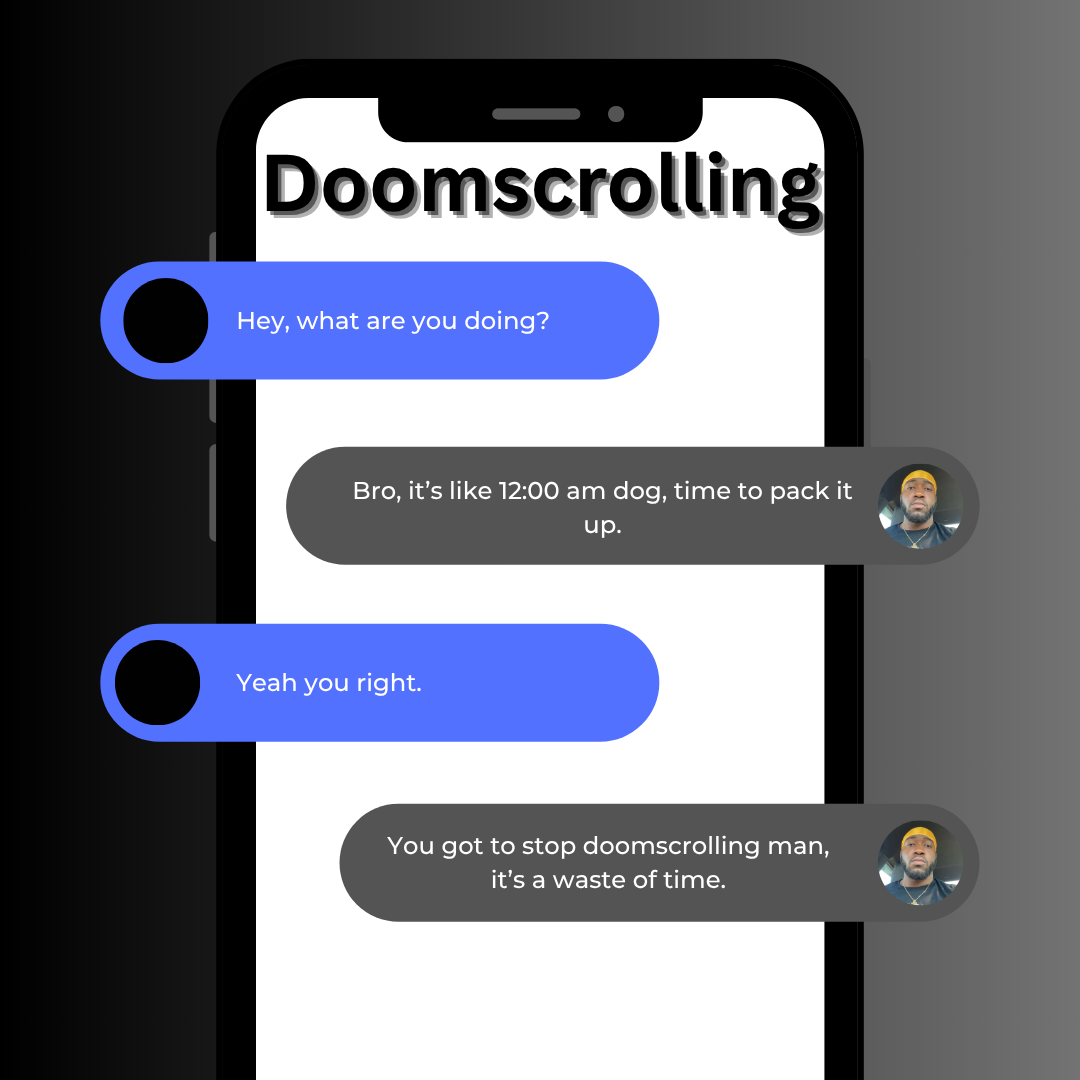Balancing Act: Between school and work, it’s sometimes difficult to find time to be a teen
Students struggle with schedules
December 20, 2018
A commonality among many high school students is outside of academics and extra curriculars, they are employed in one way or another. In 1938, The United States Congress passed the Fair Labor Standards Act, which regulated the amount of hours minors were legally allowed to work. Minors went from working 12-18 hours a day, six days a week to no more than 18 hours per week while school is in session.
While 18 hours a week might not seem like a lot to some, it can be extremely draining to a teen who also attends high school full time. It’s no secret that some students are working more than the legal amount.
 “I work the exact amount that the law allows,” senior Kassidy Kilano said. “It gets to be a lot sometimes.”
“I work the exact amount that the law allows,” senior Kassidy Kilano said. “It gets to be a lot sometimes.”
Teens are obtaining jobs for a multitude of reasons, anywhere from needing money for personal endeavours, paying for college, supporting their family, or even parent requiring them to for real world experience.
“The balance is different depending on who’s carrying the scale,” principal Tom Lietz said.
Although it seems like most students are working in preparation for the next stage of life after high school, a lot of the time that next phase is a four-year college or university,
“I work to pay for myself and be more independent,” Kilano said, “but mostly so that I can save for college tuition.”
Public in-state college tuition has jumped 243 percent since 1998, according to US News. In order to even make a dent in the student loans that most will acquire going into post-secondary education, they will need to work well over the legal limit of hours.
Students are finding that the real struggle is having the ability to balance school work and being employed.
“Balancing life is hard,” Lietz said,“but it’s even harder for kids.”
When all aspect of a teenagers life are compared side by side, the question arises: are students being over worked? Many kids who work find that the amount of hours they work can affect various aspects of their lives.
affect various aspects of their lives.
Having a job can be a benefit for plenty of reasons. They teach teens responsibility and work ethic, while also giving them a way to start their lives as working adults. Although, where is the line drawn for when students are working too much for school and too much for their employer?
Students are able to set strict schedules for their work schedules, depending on what they know they can schedule. Even though students are able to set their own schedule, some employers are still scheduling their employees more than the legal limit.
“Before I started working, I gave my work a schedule that worked around my sports and school,” senior Cassy Johannes said. “I don’t work for more than 20 hours a week.”
Exhausted over employment
Today’s society expects students to obtain good grades, participate in school activities, and also sleep nine hours a night while having a job.
A major consequence of students being over worked is exhaustion. The National Sleep Foundation recommends teenagers get anywhere from eight to ten hours of sleep a night; however, only 15 percent of teenagers reported getting that amount on a regular basis.
“The biggest difficulty I have when it comes to school and work,” senior Cassandra Johannes said, “is that I definitely do  not sleep enough.”
not sleep enough.”
Exhaustion limits a student’s ability to learn, comprehend, and concentrate in school. This can lead to falling grades, which contradicts society’s emphasis on a higher education.
“I never have time to do my homework,” Kilano said. “It makes keeping my grades up really hard.”
Working so many hours and being involved in activities outside of school leaves little time for students to complete the homework they were assigned.
“I work until ten and then don’t get home until 11,” Johannes said, “which means I’m always up late doing my homework.”
For students who work to save for college, having failing grades isn’t an option, causing them to work double time to keep their grades up. With six teachers a day who all assign different workloads, it can take hours for a student to study and finish assignments after school.
“Schools don’t do as good of a job as they should balancing the school work sent home,” principal Tom Lietz said.
For students who have to work late nights to help support his or her family, and still complete schoolwork, it is almost an impossible task to achieve. A saving grace for these students is that the school is willing to work with them. The result of this will be for them to succeed in school and still be able to take care of his or her responsibilities at home.
“Real life comes into play,” principal Tom Lietz said, “and it is a whole different level when kids have to work to help with their family.”
Students also find that not only their education is affected by working so much, but also their social lives.
“It’s so hard not being able to go out with friends,” senior Kassidy Kilano said. “I feel like I miss out on so much.”
Many people find it important to have a social outlet where they can forget about school and work for a few hours, but the epidemic of being over worked doesn’t always allow that.
“The most difficult thing about my job is that it’s a weekend-only job,” junior Ryan Fromm said. “So if I need to study for a test it’s hard, and a lot of my friends like to do things on a Saturday night, so I miss out on a lot of things.”










